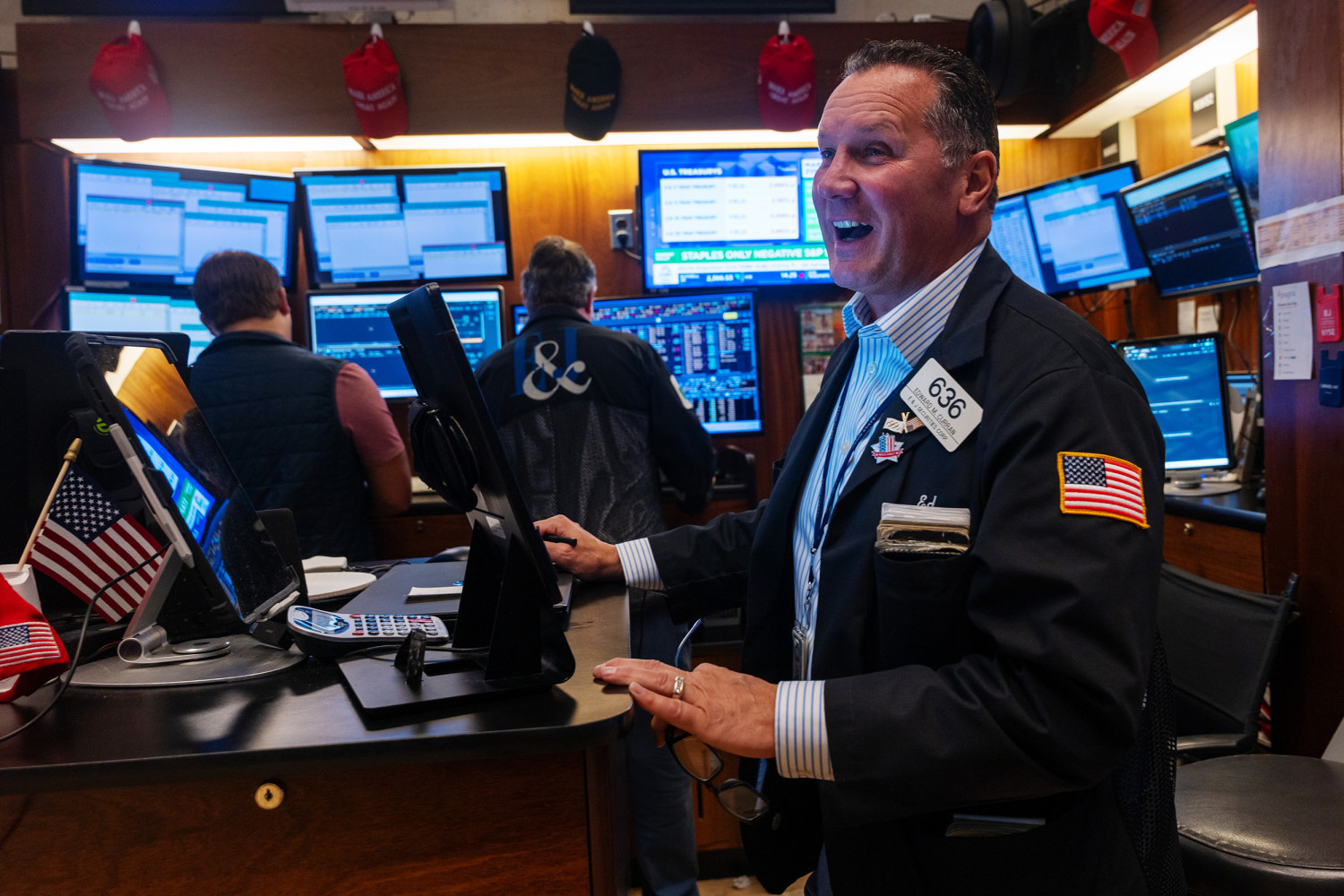During Donald Trump’s presidency, his administration initiated an official inquiry into Brazil’s trade strategies, highlighting enduring concerns about what the United States viewed as unjust trade methods. This action signified a significant increase in examining trade relations at a period when the U.S. government was actively reevaluating its global economic partnerships and adopting a more protectionist stance.
The inquiry, spearheaded by the Office of the United States Trade Representative (USTR), was initiated in response to allegations that Brazil maintained policies which placed American exporters at a disadvantage. These concerns spanned multiple sectors, including agriculture, manufacturing, and intellectual property rights. The administration argued that certain regulations, tariffs, and subsidies favored Brazilian industries while hindering competitive access for U.S. companies.
Representatives from the USTR highlighted that the aim of the inquiry is to assess whether Brazil’s trade policies breached any bilateral or multilateral commitments, especially those under the guidelines of the World Trade Organization (WTO). The investigation was anticipated to cover a broad spectrum of economic activities, including import licensing mechanisms, export support programs, public procurement strategies, and digital trade restrictions.
At the heart of the investigation were claims that Brazil’s protectionist policies limited American exports and deterred foreign investment. U.S. agricultural producers, in particular, voiced frustration over what they described as discriminatory treatment in Brazil’s heavily regulated import system. Likewise, U.S. technology and pharmaceutical firms pointed to delays and restrictions that complicated market entry or restricted their ability to compete fairly with domestic companies.
The Trump administration’s choice to initiate this investigation was part of a wider plan to firmly contest trade practices deemed harmful to U.S. interests. Comparable probes had formerly targeted other significant economies, such as China and the European Union. The White House regarded these measures as essential to safeguard national industries, equalize competitive conditions, and reestablish what it termed as “balanced trade.”
Although the move risked straining diplomatic ties with Brazil, the Trump administration maintained that it was acting in the interest of American workers and businesses. Officials reiterated that the investigation did not imply hostility toward Brazil as a trading partner but rather aimed to open a dialogue that could lead to more equitable trade conditions.
In response, Brazilian trade officials acknowledged the probe but expressed confidence in the transparency and legality of their policies. They emphasized the importance of bilateral trade with the United States and signaled willingness to engage in discussions if concerns were raised through official diplomatic channels. Brazilian authorities also noted that the two countries shared common interests in several areas, including energy, defense, and regional stability, suggesting that the investigation need not derail broader cooperation.
Experts interpreted the investigation as indicative of a broader trend of economic nationalism that defined Trump’s trade policy. Throughout his presidency, the administration consistently questioned the established norms of U.S. trade partnerships, frequently opting for unilateral measures instead of cooperative discussions. These strategies received mixed reactions, with supporters applauding the administration’s firm approach to international trade obstacles, while critics voiced concerns about possible retaliation and harm to enduring alliances.
The timing of the investigation was also significant, as Brazil and the United States were in the process of deepening ties across several strategic sectors. Under the leadership of President Jair Bolsonaro, Brazil had aligned more closely with the United States, echoing many of the Trump administration’s economic and political positions. While the two leaders publicly displayed mutual admiration, the investigation introduced a layer of complexity to an otherwise warming relationship.
Economists observed that possible trade frictions from the investigation might impact multiple sectors, especially if it resulted in countermeasures like tariffs or other trade barriers. Exporters from the U.S. to Brazil, such as those dealing in soybeans, machinery, medical devices, and software, kept a watchful eye on developments, understanding that even a brief disturbance could lead to considerable financial consequences.
The procedure for these inquiries usually takes a few months, wherein the USTR gathers information, engages with various parties, and drafts a comprehensive report. Should the conclusions indicate unjust treatment, the administration might pursue solutions via discussions, enforce countertrade actions, or elevate the matter to the WTO for official resolution.
In the meantime, legal specialists emphasized the difficulty of establishing consistent trade disparities according to international law. Although certain Brazilian measures might benefit local sectors, proving that they violate current agreements demands comprehensive documentation and meticulous legal work. However, the U.S. administration’s readiness to address the issue revealed a strong political determination to reassess trade partnerships according to its own agenda.
Public opinion in the United States was divided. Trade organizations that had advocated for more market opportunities in Brazil saw the investigation as a vital measure to ensure equitable competition. On the other hand, some expressed worry about the likelihood of trade conflicts having negative repercussions, especially in critical industries that depend on stable supply chains and collaborative regulatory environments.
In Brazil, views differed as well. Certain business figures regarded the probe as a political tactic, whereas others encouraged the government to react positively to maintain trade relations with one of the nation’s key commercial partners. The Brazilian press reported on the issue widely, underscoring the possible economic threats but also stressing the importance of transparent discussion and legal certainty.
As the inquiry progressed, the wider consequences for U.S.-Brazil diplomatic ties were still unclear. Although trade disputes frequently result in increased friction, they can also offer chances to renegotiate and update obsolete accords. The results of the study would rely not just on the conclusions reached but also on the readiness of both nations’ administrations to participate in constructive dialogue and seek practical resolutions.
The Trump administration’s decision to launch an inquiry into Brazil’s trade practices marked a significant development in bilateral economic policy. It underscored a shift toward assertive trade enforcement and a demand for reciprocity in international commerce. Whether the investigation would lead to constructive outcomes or heightened tension remained to be seen, but it clearly signaled that the era of passive trade diplomacy was, at least for that administration, coming to an end.




